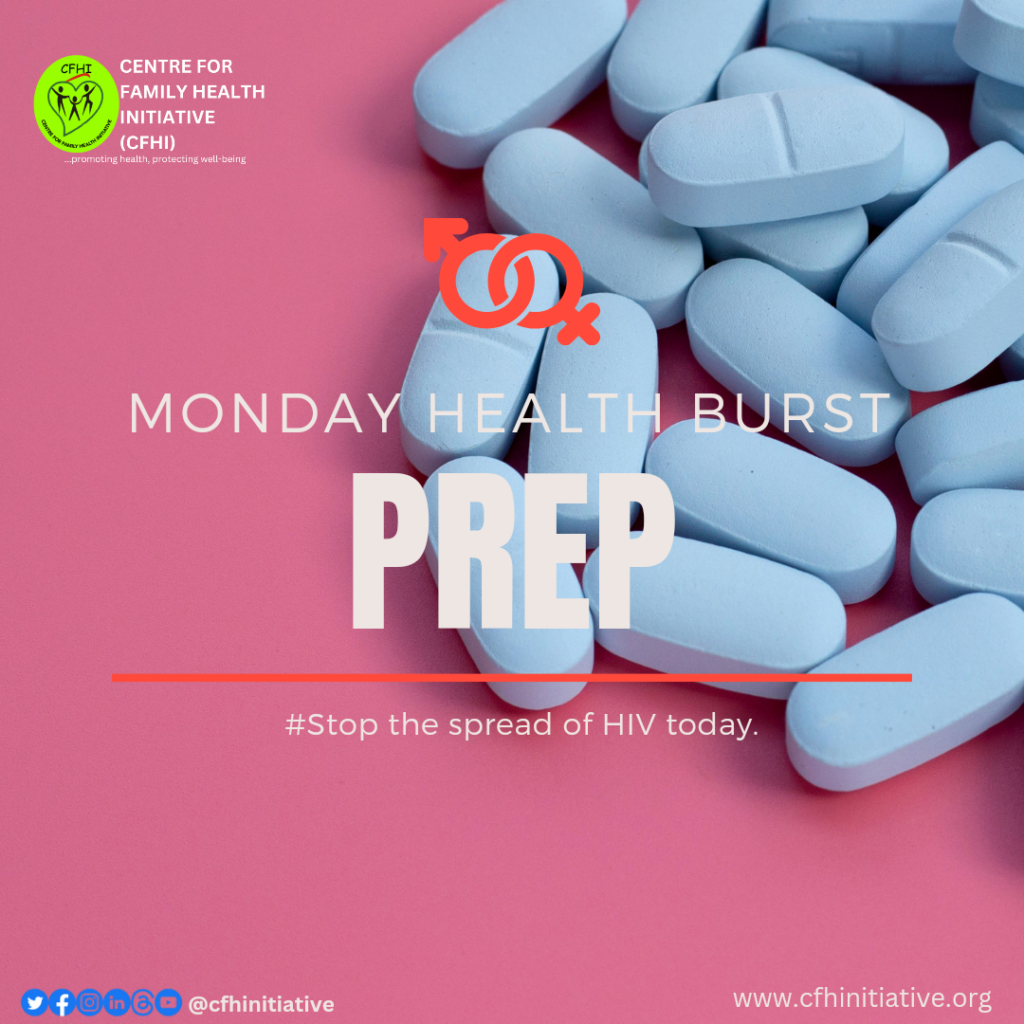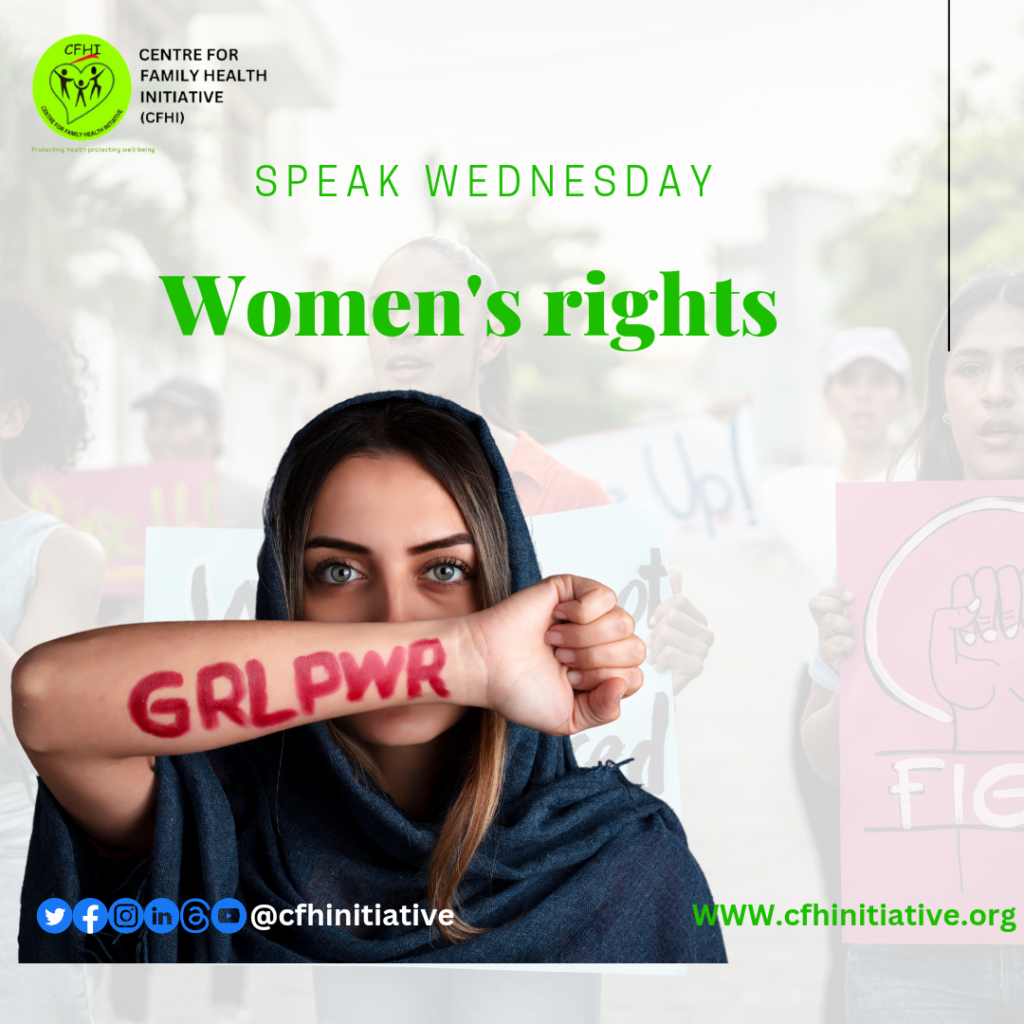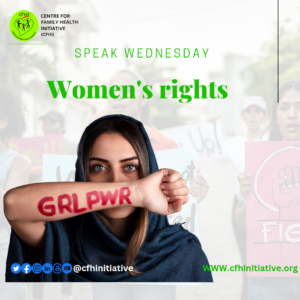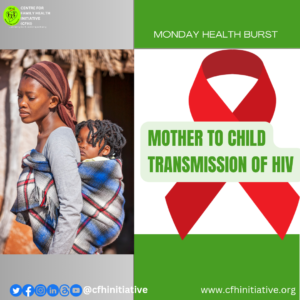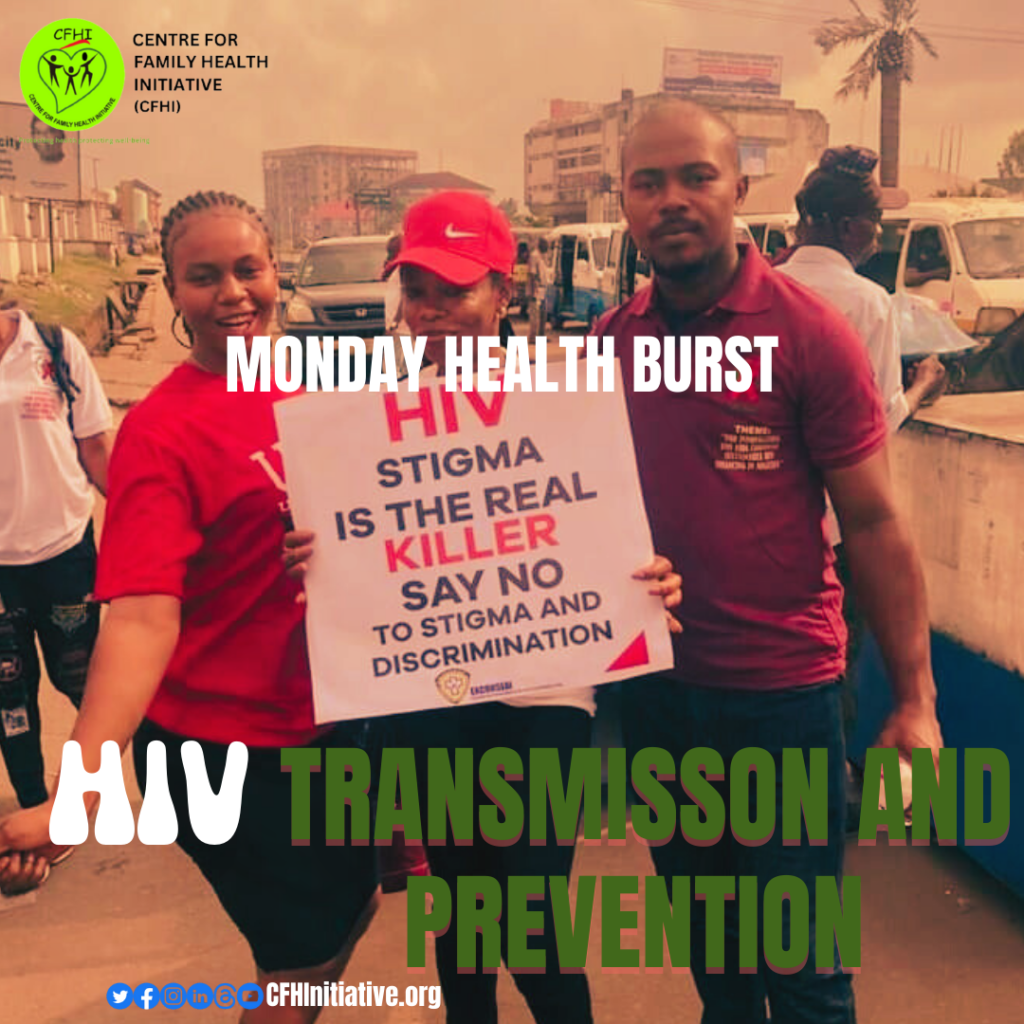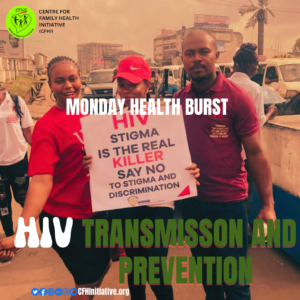MONDAY HEALTH BURST ON POST- EXPOSURE PROPHYLAXIS
According to Centre for Disease Control (CDC), PrEP is the medicine people at risk for HIV take to prevent getting HIV from sex or injection drug use. When taken as prescribed, PrEP is highly effective for preventing HIV.
PrEP is advisable if one tests negative for HIV, yet has had unprotected sex (oral or vaginal) in the past 6 months with a sexual partner who is living with HIV/AIDs; had unprotected sex (oral or vaginal) in the past 6 months without consistently using condom; had unprotected sex (oral or vaginal) in the past 6 months and have been diagnosed with an STD; shares needles, syringes, or other equipment to inject drugs used by someone who is HIV positive; and someone who has been prescribed PEP (post-exposure prophylaxis) and report continued risk behaviour, or have used multiple courses of PEP.
According to research, PrEP reduces the risk of getting HIV from sex by about 99%, reduces the risk of getting HIV from injection drug use by at least 74%. However, PrEP is less effective when not taken as prescribed.
Aside HIV, there are other sexually transmitted diseases. Since PrEP only protects against HIV, condom use is still important for the protection against other STDs. Condom use is also important to help prevent HIV if PrEP is not taken as prescribed. Anyone considering PrEP should consult a doctor. Let’s stop HIV together.
#MondayHealthBurst #HIVAIDSPrevention #HealthForAll #PrEP CDC World Health Organization (WHO) PEPFAR Vietnam
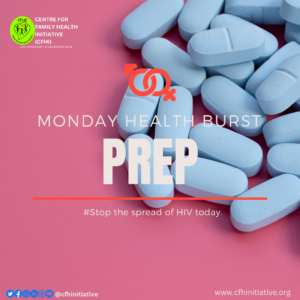
MONDAY HEALTH BURST ON POST- EXPOSURE PROPHYLAXIS Read More »

